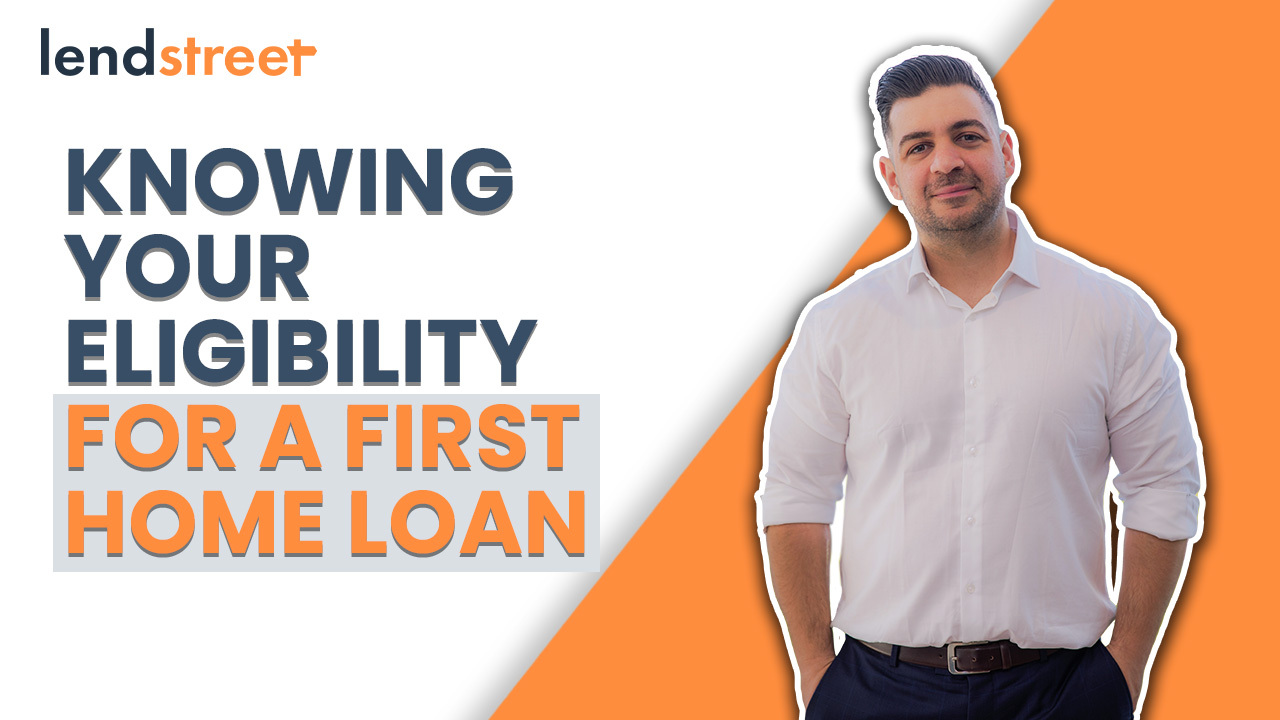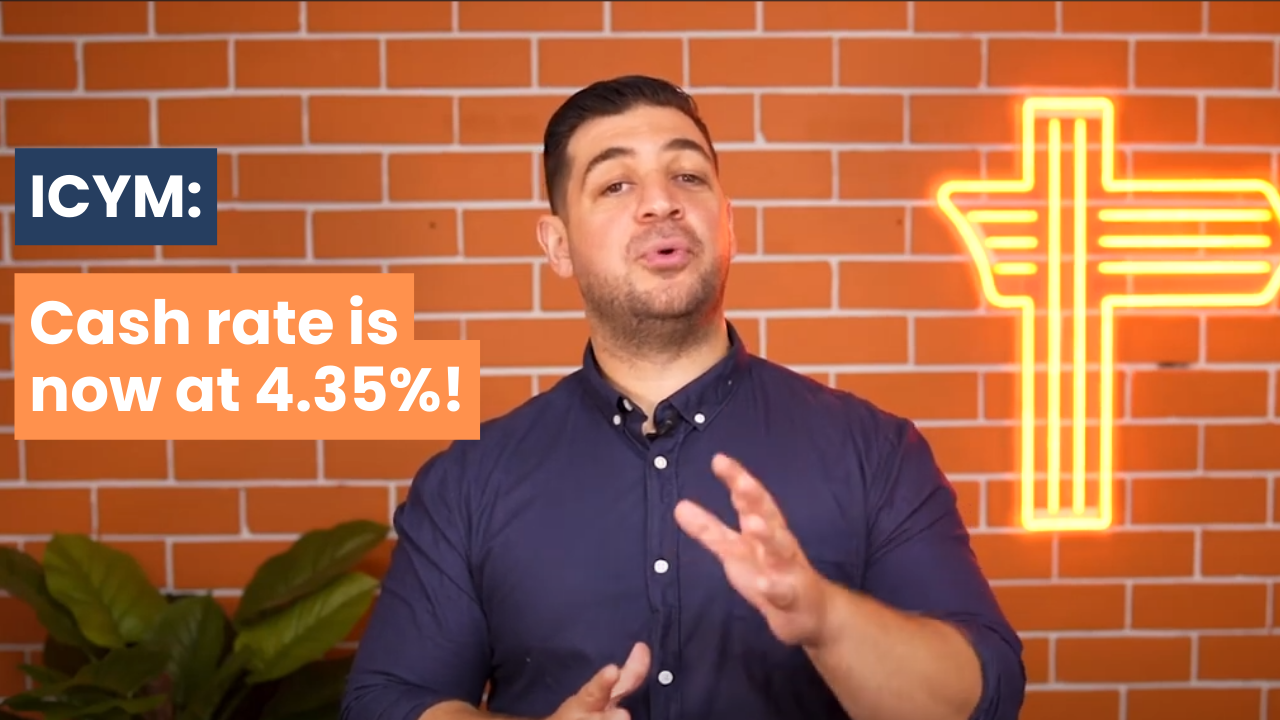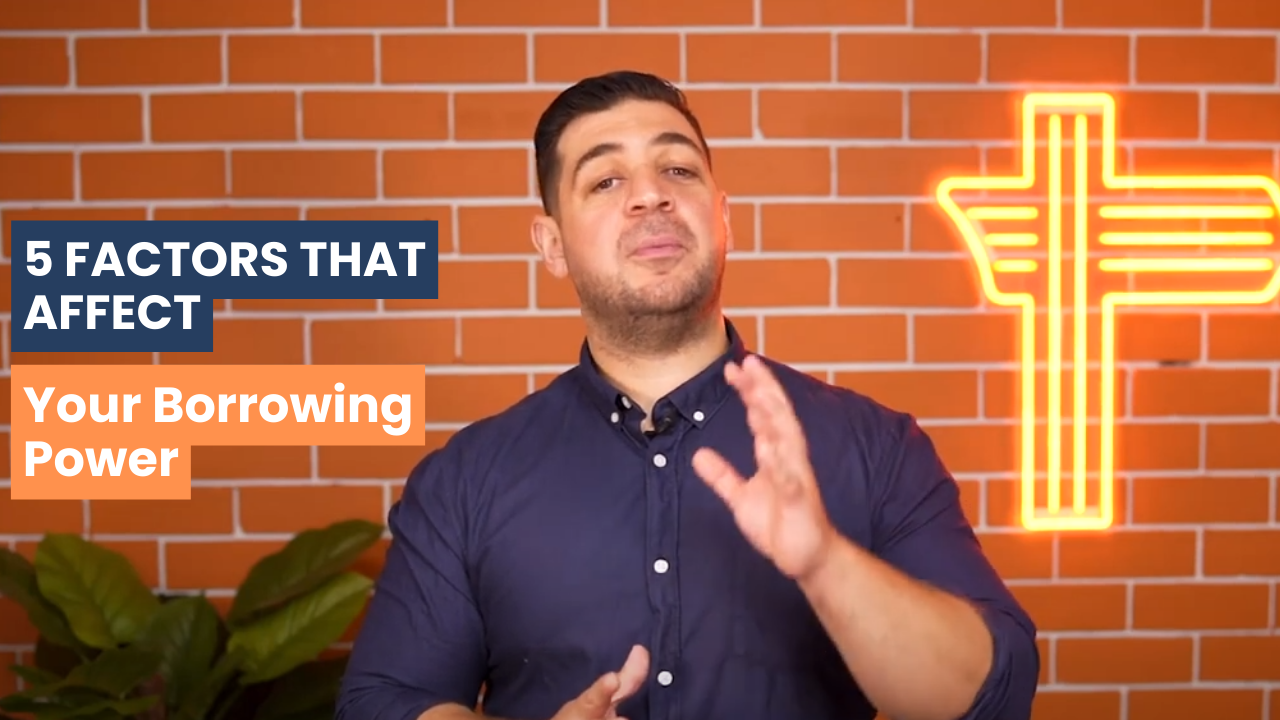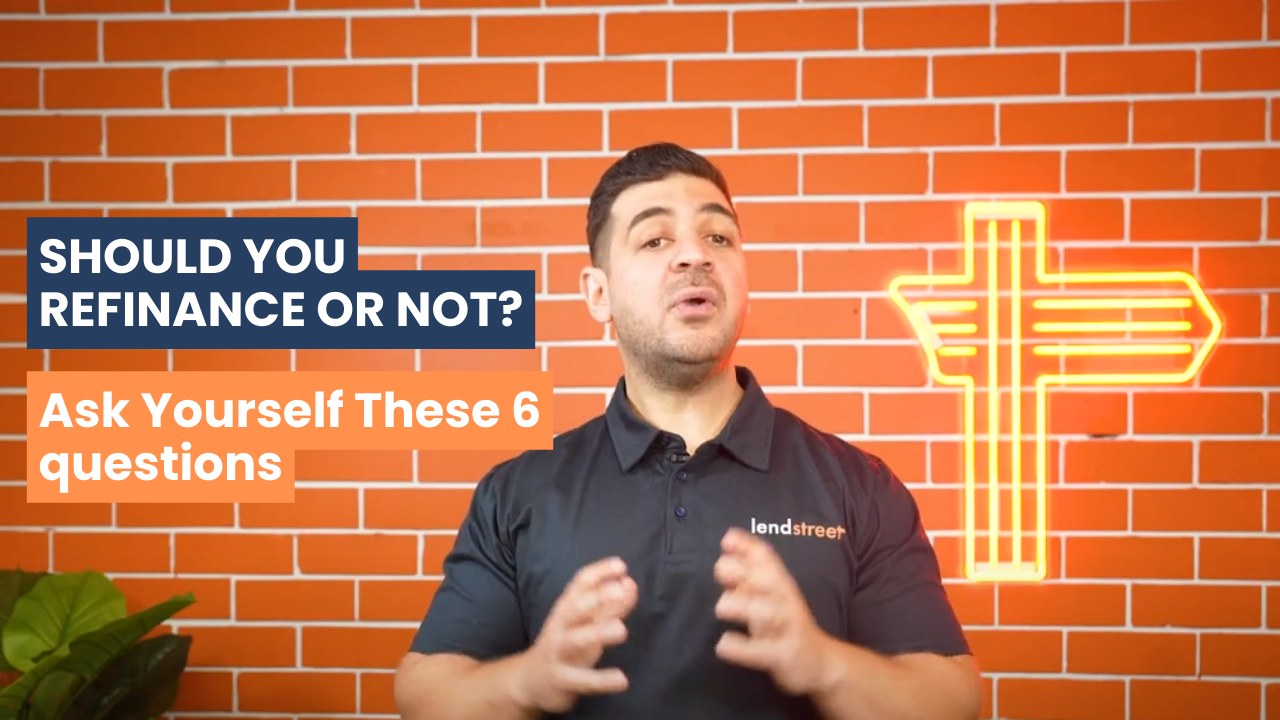Introduction
Are you planning to buy your first home soon?
Most likely, you are also thinking about applying for a home loan, and currently, you may either be checking different loan products online, calling your bank, or talking to a mortgage broker. If it’s the latter, you’re on the right track. A mortgage broker by your side ensures that you are able to check different home loan products, deals, and the best interest rates before you choose one that fits your needs.
When applying for a home loan, banks or lenders look into different factors before you get approved. Making sure that you meet these eligibility criteria increases your chances of getting approved.
In this video, we highlight the top 5 that you need to know so you can prepare beforehand or make some adjustments early before applying for a home loan. If you do not meet these criteria, do not fret. Your mortgage broker should be able to help you look into possible solutions to achieve home loan application success.
Transcript
0:00
No one ever said that buying your first home would be easy, but with the right information, the process can be more manageable. So how do you know if you’re even eligible for a first home loan? In today’s video, I’ll explain the top five eligibility criteria you need to keep in mind when you plan home ownership journey successfully. [Music]
Hey, everyone! Michael here from Lendstreet, helping you make informed decisions about your loan and finance needs. If you’re in the process of applying for your first home loan, you might be feeling a little overwhelmed. That’s because there are a lot of different factors that lenders take into account when approving or denying finance. However, the good news is that as long as you understand these five factors which I’m going to discuss with you,
you can put yourself in a much better position to get approved But before we start though, you should know that this video must not be construed as professional or financial advice. In particular, you should seek independent financial guidance from a professional who can advise you on the best ways to proceed in your personal circumstances. Alright, let’s get into it. One of
Good Credit Score
1:10
the main criteria for first home buyers is having a good credit score. This is because, lenders need to know that you’re a low risk borrower who will be able to make their repayments on time and in full. So if your credit score isn’t as strong as it could be, it’s worth doing some work to improve it before applying for a loan. You can do this by ensuring you always make your repayments on time, pay off any outstanding debts, and keep your credit card balances low. The second key factor
Borrowing Capacity
1:38
that lenders will consider if you’re a first home buyer, is your borrowing capacity. This is how much money they think you can realistically afford to repay each month without putting yourself under too much financial strain. To calculate your borrowing capacity, lenders will take into account your current income and expenditure as well as any dependents you have. They will also factor in things like your job security and any other outstanding debts, if you have any. If you need to figure out your borrowing capacity, you can check out our borrowing power calculator
in the description below. But remember, that this is only an estimate and not exact figures. Now if
Stamp Duty Concessions Eligibility
2:14
you’re looking to buy a property in certain parts of Australia, you may be eligible for stamp duty concessions. Stamp duty is a tax that is levied on the purchase of property and the amount can vary from state to state, but it generally applies to proper is under a certain price point usually around six hundred and fifty thousand dollars. So if you’re looking for properties that fall within that price range, it’s definitely worth doing some research to see if you might be eligible for stamp duty concessions. When it comes to taking out a home loan, most lenders will require that you
20% Deposit Saved Up
2:43
have at least a 20% deposit saved up before they approve your loan application. However, there are some government initiatives in place that can help first home buyers who don’t have the full 20 saved
First Home Guarantee
2:55
up. For example, we have the first home guarantee as part of the home guarantee scheme. Under the first home guarantee, eligible home buyers can purchase a home with as little as a five percent deposit without paying lender’s mortgage insurance provided they meet all other criteria. This can make a huge difference for those struggling to save up the full 20%. In order to be eligible for a first home loan, most lenders will also require that you’ve never owned any other residential property before in Australia. If you have already owned a property at any point in your life even if it was an investment property, or one that was passed down to you through family, then
technically speaking you won’t be classed a first home buyer by most lenders. That said, there may still be some lenders out there who are willing to consider your application so it’s always worth doing your research before ruling anything out entirely. The fifth factor you need to consider is
Steady Income
3:42
that most lenders will require you to have steady income in order to qualify for a loan. This could come from employment, self-employment, government benefits, or other sources such as investments or rental income. Lenders will usually require proof of income through payslips, tax returns, or bank statements.If you’re self-employed, they may require additional documentation such as business activity statements also known as BAS. Applying for a loan as a first home buyer can be daunting but it doesn’t have to be. If you keep these eligibility criteria in mind, you’ll be one step closer to earning your very first home. Remember, every situation is different, so it’s always worth speaking to a mortgage broker before beginning your search. They will be able to assess your
individual circumstances and give you tailored advice on what products may best suit you. If you found this video helpful, remember to hit the SUBSCRIBE button and stay tuned for more tips and advice to help you make informed decisions about your loan and finance needs. See you next time!
Other related videos
Introduction They’re at it again. The RBA has raised the cash rate by 25 basis points to 4.35%. The ...
Watch on YouTube Transcript 0:00 There are several important factors that may be taken into account ...
Watch on YouTube Transcript 0:00 When is home loan refinancing the right thing to do? The ...








